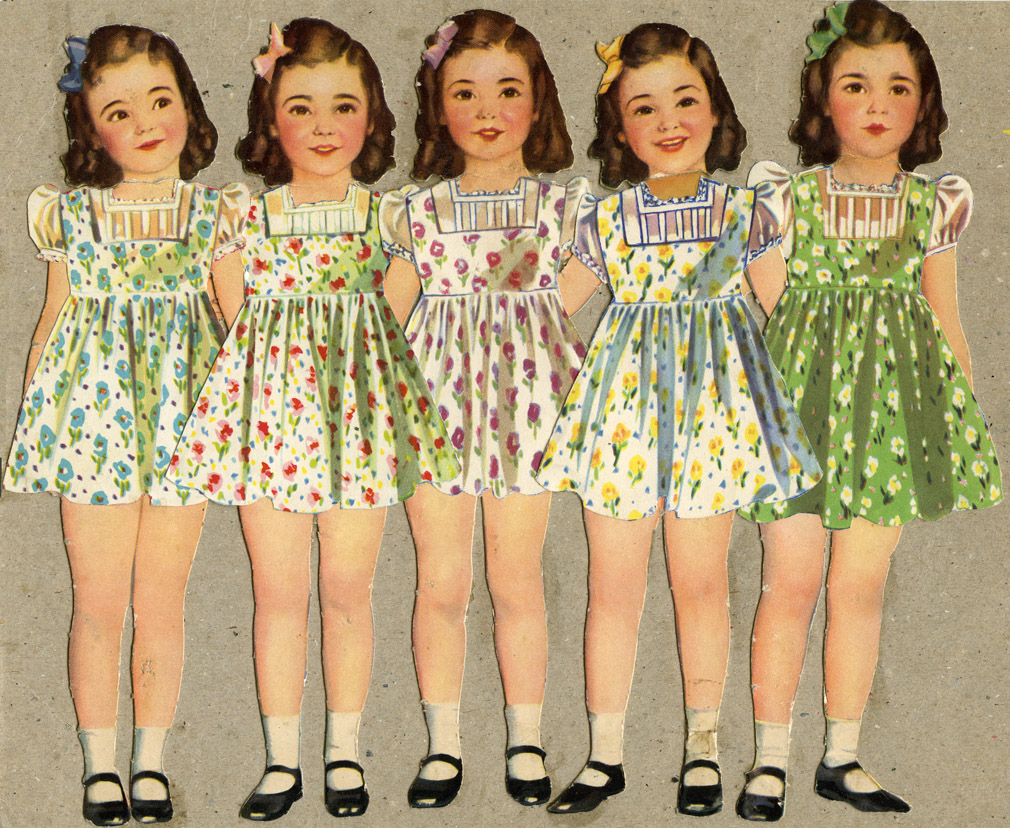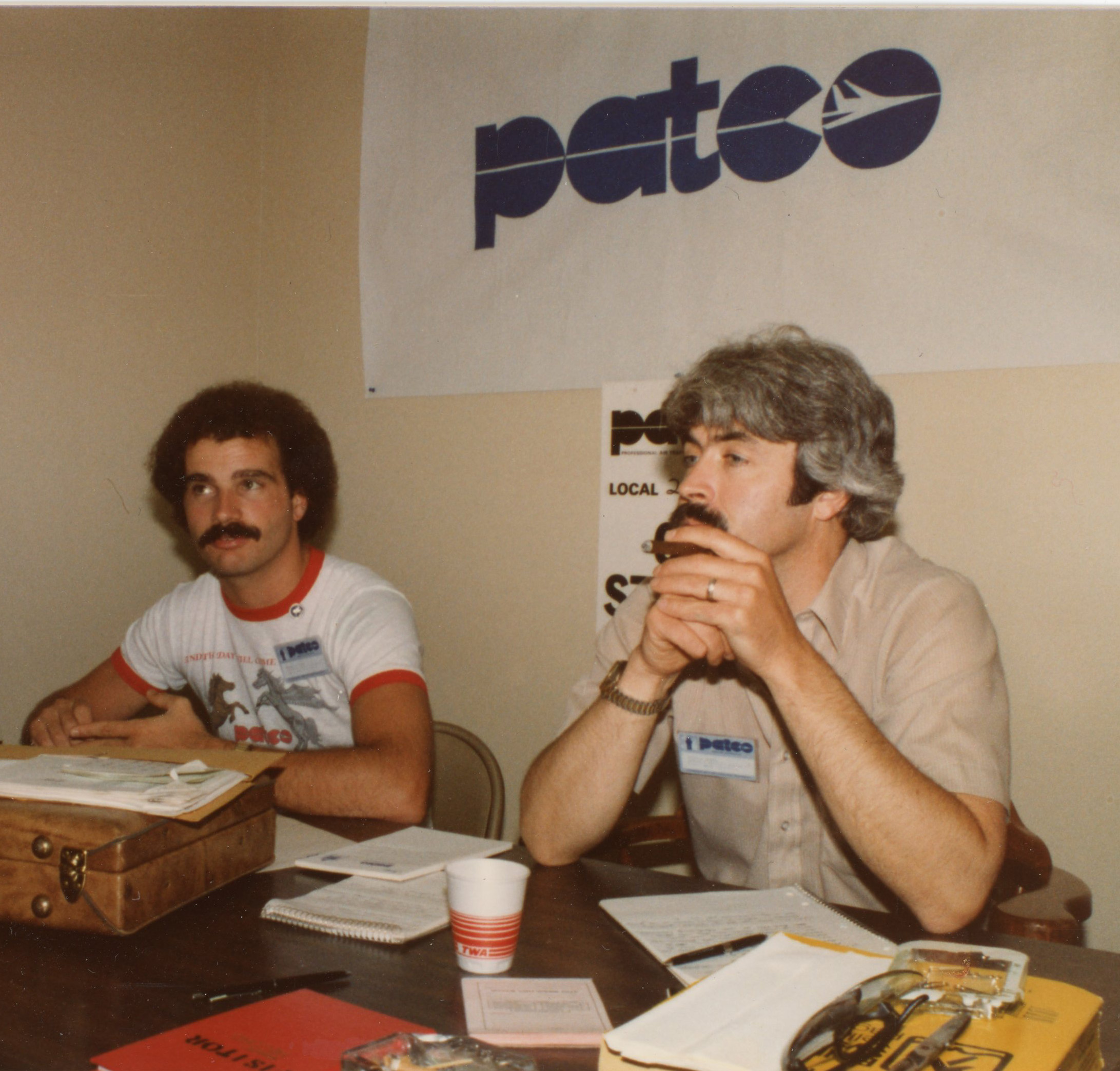William Putnam Papers
1840-1886
1 box 0.5 linear feet
Call no.: MS 014
For several decades in the mid-nineteenth century, William Putnam (1792-1877) and his family operated a general store in Wendell Depot, Massachusetts, situated strategically between the canal and the highway leading to Warwick. Serving an area that remains rural to the present day, Putnam dealt in a range of essential merchandise, trading in lumber and shingles, palm leaf, molasses and sugar, tea, tobacco, quills, dishes, cloth and ribbon, dried fish, crackers, and candy. At various times, he was authorized by the town Selectmen to sell “intoxicating liquors” (brandy, whiskey, and rum) for “Medicinal, chemical and mechanical purposes only,” and for a period, he served as postmaster for Wendell Depot.
The daybooks and correspondence of William Putnam record the daily transactions of an antebellum storekeeper in rural Wendell, Massachusetts. Offering a dense record of transactions from 1840-1847, the daybooks provide a chronological accounting of all sales and credits in the store, including barter with local residents of the community and with contractors for the new Vermont and Massachusetts Railroad. The last in the series of daybooks lists a surprisingly high percentage of Wendell’s residents (by name, in alphabetical order) who owed him money as of October 1846. The correspondence associated with the collection continues into the 1880s and provides relatively slender documentation of Putnam’s litigiousness, his financial difficulties after the Civil War, and the efforts of his son John William to continue the business.
Gift of Donald W. Howe, 1957; Robert Lucas, 1987 (correspondence); and Dan Casavant, 2001
Subjects
Barter--Massachusetts--WendellConsumer goods--Massachusetts--WendellConsumers--Massachusetts--WendellGeneral stores--Massachusetts--WendellLiquor stores--Massachusetts--WendellPanama hat industry--Massachusetts--WendellSchools--Massachusetts--WendellVermont and Massachusetts RailroadWendell (Mass.)--Economic conditions--19th centuryWendell (Mass.)--History--19th centuryContributors
Putnam, WilliamTypes of material
Daybooks



